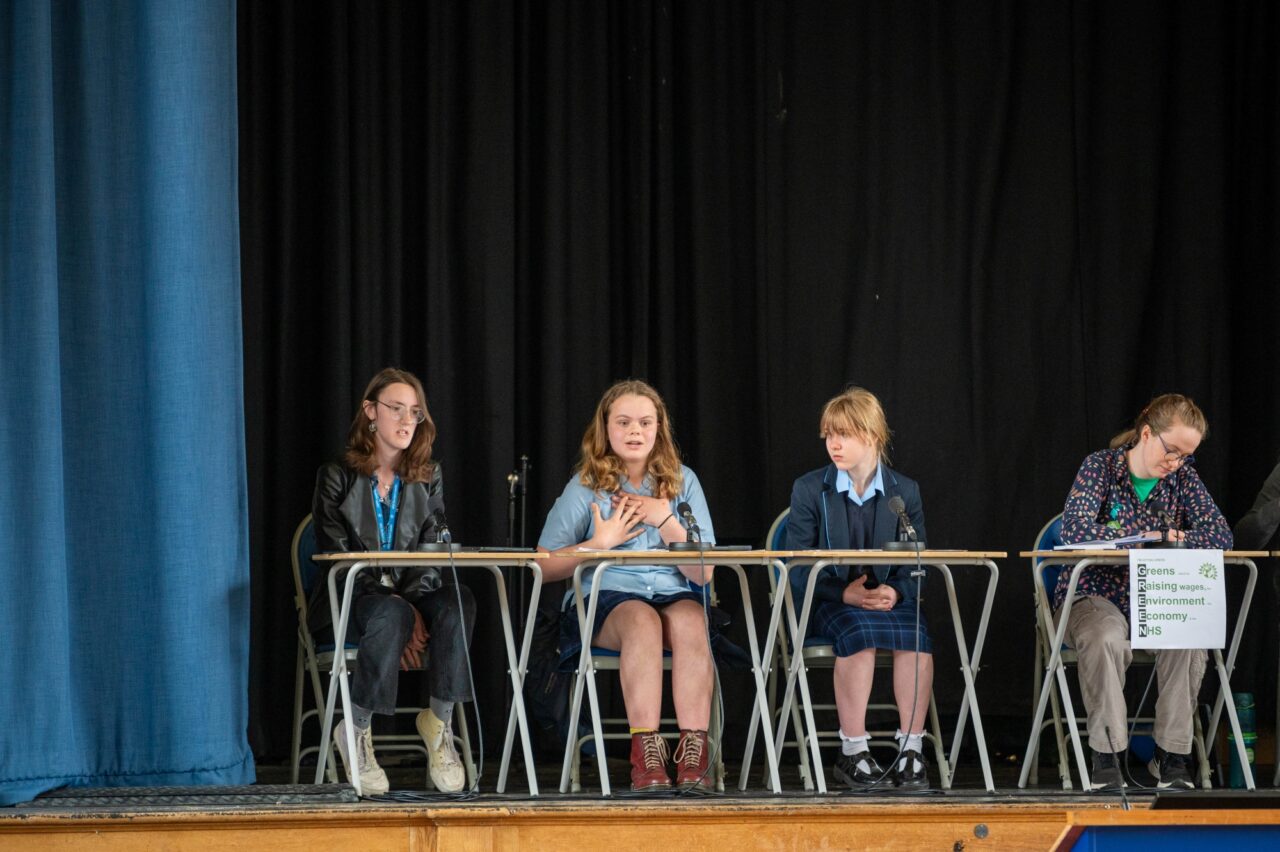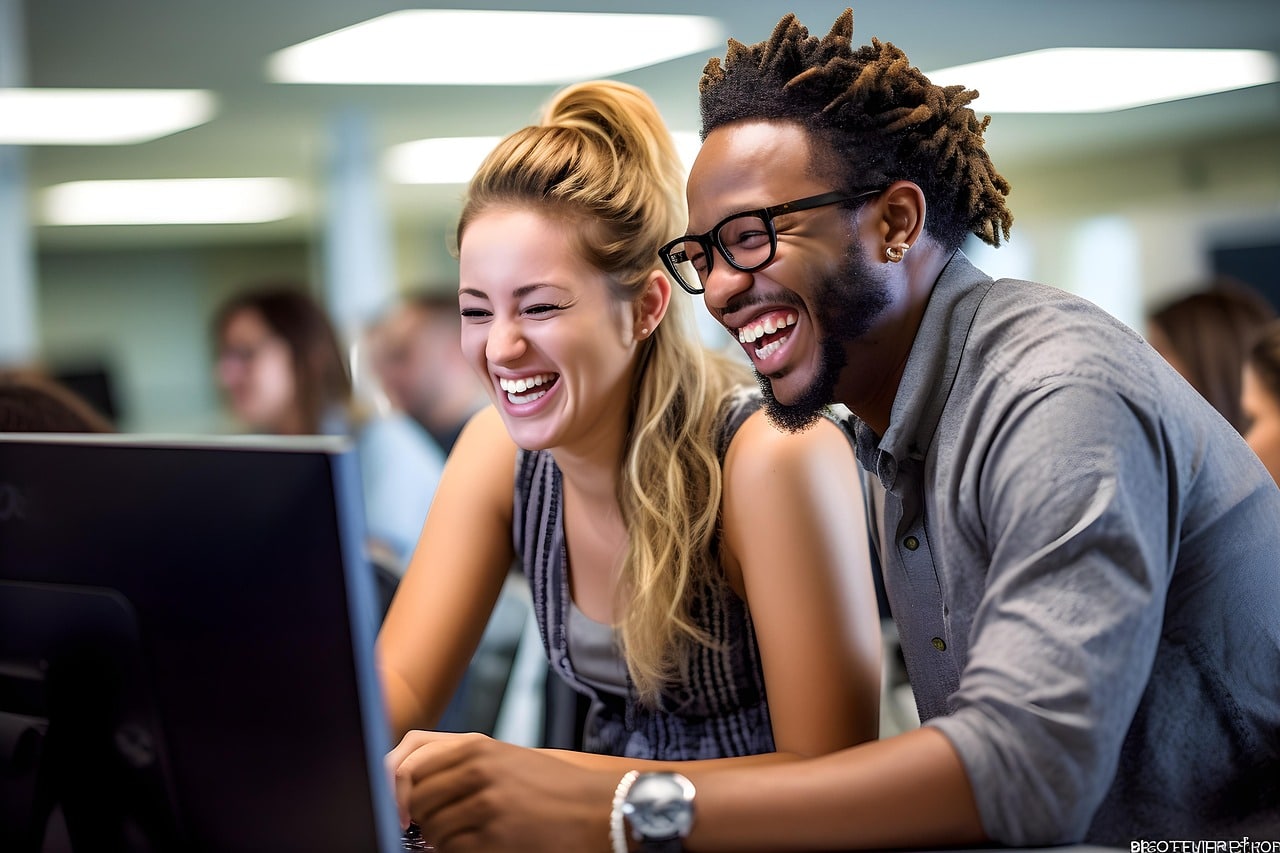Lockdown babies
I am now teaching ‘lockdown babies’ – children who have grown up during the pandemic. The youngest member of Nursery as I write this was born in December 2019, so three months prior to the first lockdown. Next academic year, children born during the pandemic will be on roll. My oldest Nursery pupil was eighteen months old when lockdown began and three years, three months by the time the main restrictions were lifted.
If I think about my first years as a parent I remember being overwhelmed by love, but also by responsibility and sleep deprivation. My own parents and family network were miles away in Northumberland, so I also remember the importance of antenatal get togethers, toddler groups, Tumble Tots, and getting to know other young mums who have become lifelong friends. It is hard to imagine the impact missing out on all of those experiences would have had both on my children’s development and on my own mental health and wellbeing.
As we do for each of our children, each year as a department we review our achievements and reflect on our next steps based on those. Based on my reflections in Summer ‘22, my focus this year in Nursery has been to embed and further develop the prime areas of learning. These are communication and language, physical development and personal, social and emotional development. They are classed by the government as prime – integral – for very good reasons. The birth to five matters guidance states that these areas are ‘universal core aspects of early child development. They are time-sensitive because of biological factors that enable rapid brain connections, particularly in the first three years of life but continuing throughout early childhood. Developmental steps missed at this early crucial stage are much harder to address later on, so it is crucial that children’s interactions and experiences in the first few years support development in these fundamental areas.’
I recently attended a training course led by Laura Purser from the University of Reading, where she talked about the ‘collective trauma’ of the pandemic, and how, despite government financial support we cannot simply go back to normal, or catch up on “lost learning” and pretend it didn’t happen. In our department, as in educational establishments throughout the world, with children from birth to 18, we need to start from where the children are. This is always best practice, but now we must do so with an awareness that these young people have missed out on so many crucial experiences in those prime areas, the very ‘foundations’ our stage of learning are built on. So where to begin without feeling overwhelmed?
Communication and language
We have noticed children having shorter attention spans and struggling to tune in and listen for a concentrated period. We know during the pandemic they missed out on interacting with peers. Our children make sense of the world through play and that play goes through six stages which include solitary, moving through this to watching others, to playing alongside others (parallel play) and eventually to cooperative play. Working with two year groups in the Nursery and also with Reception, it is always interesting to watch our three year old new starters as they develop and transition through these stages.
Whilst adults can support and scaffold play, this isn’t the same as peer with peer play, so we have had to release curriculum time for sustained play experiences. We have blocked specialist lessons to allow for ‘active learning’ times where children choose to be in or out, choose for themselves if and when to interrupt their play by having their snack, and choose in negotiation with others which resources to have out. Adults have an important role to play – pardon the pun! – within this, but the children are the ‘pilots’ steering their own learning.
What else? We have introduced family dining in Nursery and for the staff this is not a break-time duty that only some of us cover each day, but rather a key lesson time. The children sit around the table and converse with each other and the adults. To support listening and understanding, we have introduced a Traditional Tales topic each year in our early years to ensure all of our children are introduced to these fundamental stories – the full importance of traditional tales for early years children is for another blog on another day! In Nursery we also have daily ‘sing it bag’ time, where the children choose a picture from the bag and we sing the appropriate Nursery rhyme so they become adept at repeated refrains and also rhyme – a key prerequisite of phonics.
We try very hard when a child asks ‘why?’ to always provide an answer – perhaps not right then, depending on what we are doing, but I will always try to go back to the question, because those moments show real engagement and are often where the best learning happens.
Physical development
I am fortunate that the majority of the children I teach did get lots of gross motor experiences during lockdown through playing in gardens, walking, scooting, cycling and park visits. Of course, there were less chances to do these activities alongside others, thus missing out on the modelling from peers. To give a brief example, one of our children who joined this year had never seen a safety mat or soft play equipment and took several weeks to feel safe to try these, understandably so in retrospect, but at the time it took me a while to appreciate what the issue was. I assume all the children I teach will have had those experiences such as soft play, swimming, bus rides etc but that simply isn’t the case right now.
This year we introduced ‘Motor Movers’ developed from the Movement for Learning project by Professor Pat Preedy, who also spent some time in our setting. This programme supports gross physical development by singing a familiar nursery rhyme each week and adding in large movements. We’ve implemented this from Nursery to Year 1. We have also had a real push on fine motor skills and last year introduced a daily ‘dough disco’ at the start of our phonics sessions, where the children manipulate dough by rolling, patting and nipping to improve finger strength.
Personal, Social and Emotional Development
Our young learners have really missed out on social interactions. These cannot be replicated by Google Meets, although we tried our best to teach online when necessity made us and I will forever be grateful to the parents on the other side of the screen, juggling this alongside their own work!
On returning to school, we introduced a pyjama party and had a summer splash party when gatherings at home were still not permitted, so the children could be together outside of the structures of the school day. The pyjama party proved so popular it has become an annual department event!
We have noticed that children without siblings in particular have needed support with interactions – how to share, how to negotiate, how to ask your friend to listen to you when they are engrossed in something else – all again totally understandable if your main interactions thus far in life have been with adults. We see those moments of conflict as the best learning opportunities and encourage the children to try to see a situation from the perspective of their friend as well as their own. We have really worked hard on developing empathy this year through the use of puppets and social stories, as well as discussing real life situations where they have arisen.
To end on a positive, all is not lost! We can and are plugging the gap. Two particular situations, both in the Autumn Term, prove my point. One, my broken ankle in December last year is not a pleasant memory for me, however the empathy the children showed on my return to school will stay with me forever. We spent a lot of time focussing on the power of the word ‘yet’ with the children watching my progress back towards full fitness. So we went from “you can’t sit on the floor yet”, then when I could, to “you can’t jump yet”. Soon they will have me climbing a mountain (but not yet)! It was a good first-hand example for them of making small strides towards a bigger goal – and not being frightened to fail.
We have also had the pleasure to spend some time with a teacher of the deaf, who works with one of our new pupils who has hearing loss. I was blown away by the respect and empathy the group demonstrated as Becky from OCC shared the story, ‘Freddie and the Fairy’. I was genuinely moved to tears by some of the children’s responses. This special group of ‘lockdown babies’ are maturing into very empathetic young people despite all they missed out on.
For the parents of those soon to join me, my advice would be to have lots of playdates, put devices away and ensure that you talk to your children at mealtimes and when out and about together and remember to be grateful every day for the freedoms we now have back which we used to take for granted. Finally, back to Laura Purser, who argues that interactions can be the best interventions from teachers and it can be enough just to sit and chat – at times that is all that is needed, just for us as practitioners to be curious and find the time. A message for those of us who are parents too, whatever age the children.



